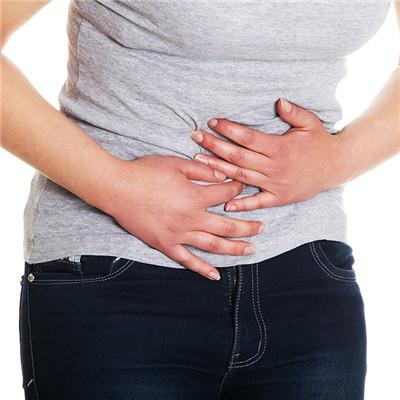Botulinum food poisoning symptoms?
summary
Botulinum food poisoning, also known as botulism, is a toxic disease caused by eating food containing botulinum exotoxin. The main clinical manifestations were nausea, vomiting and central nervous system symptoms such as ophthalmoplegia and pharyngeal paralysis. If the rescue is not timely, the mortality is high. Although the disease is rare at present, botulinum toxin is highly toxic and can be produced in large quantities. It can poison people by aerosol. In wartime, the enemy may use it as a biological weapon. Botulinum food poisoning symptoms? Let's talk about it
Botulinum food poisoning symptoms?
The incubation period was 12-36 hours, the shortest was 2-6 hours, and the longest was 8-10 days. The higher the toxic dose, the shorter the incubation period and the more serious the disease.

The onset of the disease was sudden. At the beginning of the disease, there were headache, dizziness, dizziness, fatigue, nausea and vomiting (type E bacteria had more nausea and vomiting, while type a bacteria and type B bacteria had less nausea and vomiting); Later, the internal and external muscles of the eye paralysis, eye symptoms, such as blurred vision, diplopia, blepharoptosis, mydriasis, light reflex disappeared. Oral and pharyngeal flush, accompanied by pharyngeal pain, such as pharyngeal muscle paralysis, resulting in dyspnea. Low muscle strength is mainly seen in the neck and proximal limbs. The head leans forward or to one side due to weakness of the neck muscles. The tendon reflex may be weakened symmetrically.

The autonomic nerve endings were excited first and then inhibited, so the secretion of lacrimal gland, sweat gland and salivary gland increased first and then decreased. Blood pressure was normal first and then increased. The pulse is slow first and then fast. Often stubborn * secrete, abdominal distension, urinary retention. During the course of the disease, the consciousness is clear, the feeling is normal, and there is no fever. There were no abnormal changes in blood, urine and cerebrospinal fluid. Mild cases gradually recovered within 5-9 days, but the general fatigue and ophthalmoplegia lasted for a long time. The mortality rate was 30-60%. The main causes of death were respiratory failure caused by bulbar paralysis, secondary infection caused by cardiac insufficiency and aspiration pneumonia.

matters needing attention
Strict management and inspection of food, especially canned food, ham, pickled food production and preservation. If the two ends of the canned food have swelling phenomenon, or the content has changed, it should be forbidden to sell and eat. Even if it is boiled, it is not suitable to eat. Cereals and beans may also be contaminated by botulinum. Therefore, fermented or rotten food is prohibited.














